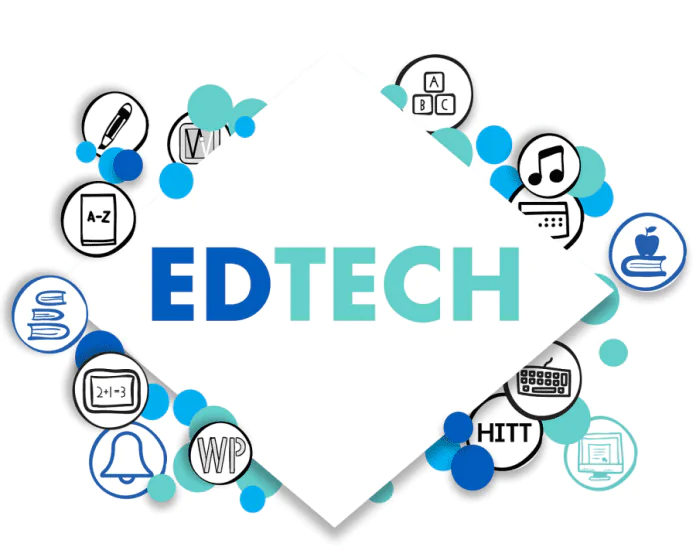Our Terms & Conditions | Our Privacy Policy
Ghana Pioneers Collaborative EdTech Models Ahead of Continental Education Summit
 Edtech
Edtech
A new report by the mEducation Alliance highlights Ghana’s innovative strides in digital education, positioning the country as a regional leader in collaborative EdTech solutions ahead of its hosting of the 2025 eLearning Africa Conference.
The study, Leading Perspectives on the State of Digital Courseware in Low-Resource Countries, underscores Ghana’s partnership with Zambia on a shared Learning Management Platform (LMP) that integrates curricula from both nations—a model now attracting interest across Africa.
The LMP, featuring pre-recorded lessons in mathematics and English for grades 7–9, has expanded access to standardized digital resources in rural and urban schools alike. “This initiative demonstrates how cross-border collaboration can overcome infrastructure gaps while maintaining cultural relevance,” said Emmanuel Ocquaye, Ghana’s National STEM Coordinator, citing a 190% surge in digital course enrollments since 2020.
Ghana’s progress aligns with the African Union Development Agency’s (AUDA-NEPAD) Digital Education Strategy, which prioritizes scalable, interoperable solutions. With Africa requiring 23 million additional STEM graduates by 2030, Ghana’s early adoption of adaptive learning tools and teacher training programs positions it to capitalize on growing demand in engineering, healthcare, and tech sectors.
The report also identifies challenges: only 2% of Malawi’s primary schools have internet access, while Kenya and Rwanda lead in digital content standards. Yet Ghana’s policy agility—evidenced by its ICT-integrated Education Strategic Plan—offers a blueprint for balancing innovation with equity. “Ghana’s ability to merge grassroots needs with national policy creates fertile ground for investment,” noted Anthony Bloome, mEducation Alliance Executive Director.
As host of eLearning Africa 2025, Ghana will showcase these models to policymakers and investors, advocating for unified continental standards. The conference is expected to address critical funding gaps, with the World Bank projecting a $7 billion annual shortfall in Africa’s EdTech infrastructure.
The AU’s Continental Education Strategy for Africa (CESA) aims to equip 60% of youth with digital skills by 2030. Ghana’s LMP collaboration and STEM focus align with these targets, offering replicable frameworks for neighboring states.
[ad_1]
Images are for reference only.Images and contents gathered automatic from google or 3rd party sources.All rights on the images and contents are with their legal original owners.
[ad_2]



Comments are closed.